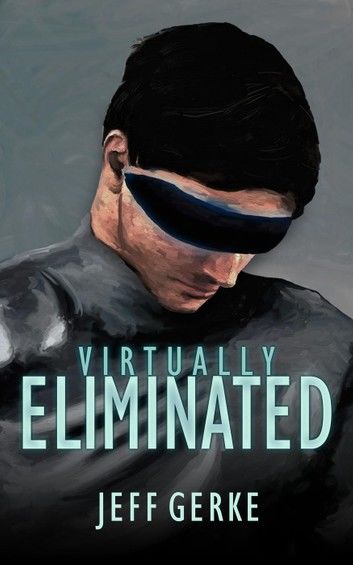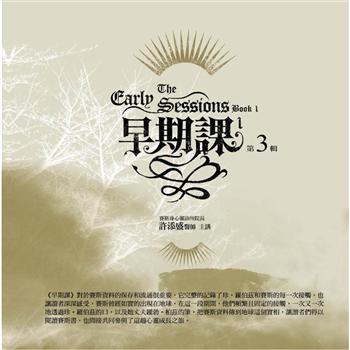| FindBook |
有 1 項符合
Virtually Eliminated的圖書 |
 |
Virtually Eliminated 作者:Jeff Gerke 出版社:Jeff Gerke 出版日期:2015-05-12 語言:英文 |
| 圖書館借閱 |
| 國家圖書館 | 全國圖書書目資訊網 | 國立公共資訊圖書館 | 電子書服務平台 | MetaCat 跨館整合查詢 |
| 臺北市立圖書館 | 新北市立圖書館 | 基隆市公共圖書館 | 桃園市立圖書館 | 新竹縣公共圖書館 |
| 苗栗縣立圖書館 | 臺中市立圖書館 | 彰化縣公共圖書館 | 南投縣文化局 | 雲林縣公共圖書館 |
| 嘉義縣圖書館 | 臺南市立圖書館 | 高雄市立圖書館 | 屏東縣公共圖書館 | 宜蘭縣公共圖書館 |
| 花蓮縣文化局 | 臺東縣文化處 |
|
|
He had a theory that the “accidental” electrocutions killing people online weren’t accidents at all…but the work of a high tech serial killer.
He called the FBI with his theory, but they blew him off.
Until someone they cared about was “accidentally” electrocuted.
Now the government wants Ethan Hamilton—a regular family guy and virtual reality programmer struggling with his belief—to go after a murderer who kills on principle.
But Ethan’s addiction to online gaming threatens to destroy his family and his faith long before he can track down the assassin.
Virtually Eliminated is a near-future technothriller in the tradition of In the Line of Fire and Snowcrash. A maniac bent on killing in the name of patriotism, a civilian expert with the only chance of stopping him, and the mind-stretching cat and mouse chase that takes them to the depths of the sea, to the craters of the moon, and to the very edge of the online universe.
Virtually Eliminated is book 1 in the Ethan Hamilton series of near future cyberthrillers.
* Virtually Eliminated
* Terminal Logic
* Fatal Defect
** These novels were originally published in 1996–8. **
Excerpt from Virtually Eliminated
Once he decided to kill himself, the rest was easy.
He took a last look at the candle burning on the bedside table, then willed the interface open.
The world he saw through the goggles was dark, as it always was at the beginning. But with a nudge of thought, a portal of light opened and he flew through, leaving his body far behind.
Back there, his name was Louis Parks. Here, he was Sentinel.
In a few moments, he would be neither.
This local net no longer satisfied him. He knew every node, every subdirectory—even every user—all too well.
He hurried to the GlobeNet interface. There was the usual long queue. Sentinel wrinkled his forehead, and a collection of small three-dimensional objects appeared in the “air” before him. A computer-generated hand reached out from his invisible body to grasp something out of his inventory. It looked like a bullhorn. He activated it.
Sheep, he thought, moving through the now-unpopulated net. He closed his bullhorn subroutine and sped invisibly through the interface.
He had existed as Sentinel for two years, now: watching, listening, piecing things together. The inescapable conclusion grieved him, turned to stone what was left of his heart. It became clear that the time for sentinels—always so passive, quiet, and immobile—was past.
The turning point had been Senator Griffith’s rebuttal. The lesser officials to whom Sentinel had divulged his findings had turned him away, but that had neither surprised nor discouraged him. But if a full Senator would turn a blind eye to the indisputable facts, however, America was in worse trouble than Sentinel had first imagined.
That was when Sentinel had left the beaten path. If the United States government was not going to combat America’s invaders, then he was going to have to defend her himself.
Sentinel breathed more easily once inside GlobeNet proper. He lived for the freedoms offered here. Freedom of expression, of presence, of information. Freedom from all restraint too: physical, monetary, legal, racial.
Moral.
|











